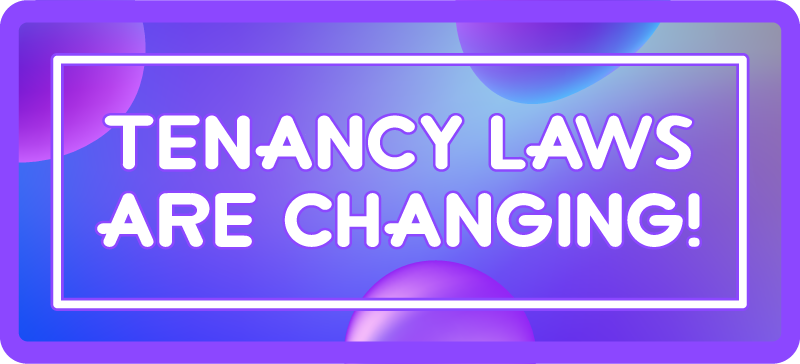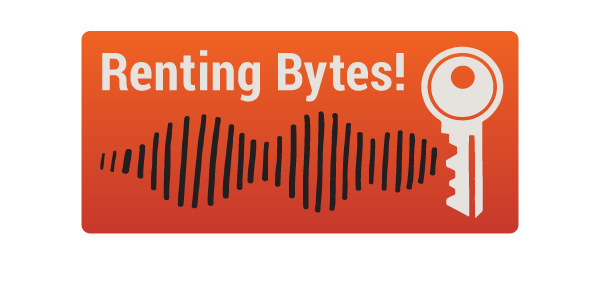Boarding Houses Act Five Years On
28/11/2017
John’s room has an infestation of rats. The rats are coming through a hole in the back of his wardrobe and are eating his food, and destroying his property. John has tried to get rid of the rats himself, but there are too many. He has asked the proprietor to assist but was told to contact the local Council. John does not want to be evicted. He knows that he can apply to NCAT for an order that the proprietor provides the place to him in a state that is reasonably clean, but he does not want to get the proprietor off-side.
With increasing pressure on the private rental market driving up rents and a woefully inadequate social housing system, boarding houses are a vital source of accommodation for people facing socioeconomic disadvantage.
There is no typical boarding house resident, but a common feature across residents is economic and social vulnerability. Many live with a physical disability or mental illness, a number are elderly, residents are frequently on income support or extremely limited incomes and most have some level of social isolation. Up until 2012, limited regulation existed to protect residents from exploitation, and many suffered under extremely poor conditions.
The Boarding Houses Act 2012 (‘the Act’) reflected over 40 years of lobbying by public interest groups, including the TU, to try to provide rights and enforceable protections for residents of boarding houses. It aimed to regulate the Boarding House industry as a whole and to ensure that residents receive ‘quality’ services from proprietors. TU has been monitoring the Act’s operation to develop our submission to the five-year review of the Act.
Indications so far are that the Act has had limited success in ensuring residents receive quality services. Although the Act prescribes a number of rights for residents, including the right to a place that is reasonably clean, in reasonable repair and reasonably secure, reasonable notice of rent increases, the right to know the rules of the property prior to moving in, and reasonable notice of termination, we know that most residents are not accessing these rights because the act does not safeguard them against retaliatory eviction or excessive rent increases.
At the same time the Act is also failing to regulate the industry as a whole. The Act established a centralised publicly accessible Boarding Houses Register, managed by NSW Fair Trading. Registration should trigger an initial compliance check of the premises and appropriate enforcement action if the premises are found to be non-compliant.
But our research indicates that up to 50% of known proprietors are not registering, either deliberately or otherwise and that listings are often incomplete or inaccurate.
This means that many boarding houses are still operating ‘under the radar’ and are only discovered if complaints are made. But as we have found, in many cases, complaints will not be made, because residents do not want to be kicked out.
Also, responsibilities for enforcement of the Act have fallen on Local Councils without additional funding. As a result, Councils are struggling to complete compliance checks on registered properties and are struggling to enforce regulatory compliance in general.
It is not all doom and gloom though. There are reports that more residents are recovering their security deposits now that they can apply to NCAT to have them returned. There are indications the occupancy principles are beneficial in providing some prescriptive ‘rights’ that residents can refer to when negotiating with proprietors and when properties are listed on the Boarding Houses Register, residents are able to locate proprietors’ details – essential for an application to NCAT.
Although the Act provides a useful framework, and represents a significant step forward, it needs to be strengthened to realise its aim as a regulatory framework for the delivery of quality services to residents. Incentives for registration must be increased, rights must be accessible to residents and their advocates, and deficiencies in relation to compliance need to be remedied.
For more information, including brochures and posters, check out tenants.org.au/resources/boarders-and-lodgers.





